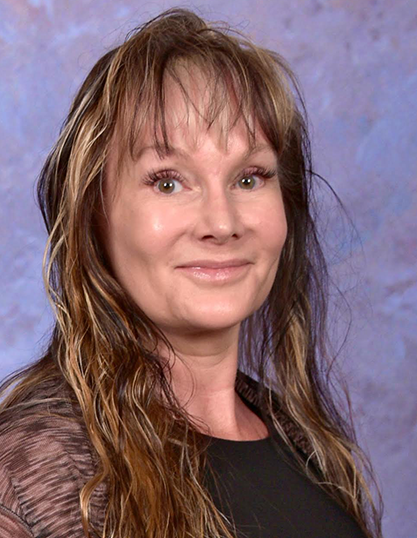Navigating Your Reverse Mortgage Responsibilities
Reverse mortgages are an excellent way for older adults to gain an extra income stream while owning their home. If you’re considering this option, this guide covers the responsibilities and obligations you’ll have as someone with a reverse mortgage so that you can plan accordingly.
A Brief Background on Reverse Mortgages
Reverse mortgages are a way for homeowners 55 and older to access some of the equity in their homes without putting the property up for sale. If someone isn’t looking to move but wants to be able to borrow money against the value of their home, a reverse mortgage is a great way to do so. Reverse mortgages are best for homeowners who fit unique criteria, so it’s always better to speak with a professional to make sure this is a viable option for you.
The amount of money you can borrow when taking out a reverse mortgage depends on the value of your home, your current age and the lender’s specific requirements. The best part is that you don’t need to repay the loan until you sell or move, which means no monthly payments are required.
What Are Your Reverse Mortgage Responsibilities?
If you’re considering taking out a reverse mortgage, you need to know what your lender will expect of you in return for the loan. There are several important responsibilities that you need to be aware of.
Your Home Must Be Insured
Lenders typically won’t offer reverse mortgages unless you have adequate homeowner’s insurance. More specifically, lenders look at whether you have coverage to ensure you can repay the loan following a disaster.
You Must Keep Your Home in Good Condition
If you don’t take good care of your home, it could lose value. You’re required to take basic steps to keep up the curb appeal of your home while you have a reverse mortgage. This includes keeping your exterior in good condition, maintaining the lawn and making basic home repairs.
Property Taxes are Your Responsibility
You still own your home when you take out a reverse mortgage, so the lender isn’t responsible for your property taxes. You need to continue making your regular property tax payments. You cannot technically fall into arrears, but if your province has a deferral program for seniors, the lenders are generally okay with you signing up for that.
You Can’t Obtain Additional Loans Against Your Home
If you decide to take out a reverse mortgage, you generally won’t be able to seek out other types of loans using your home as collateral. Examples include home equity lines of credit and home equity loans. A lender who provides reverse mortgages needs to know that it has priority when repaying the debt on your home, and most other lender’s programs also require you to be in first position. Some reverse mortgage lenders do allow private seconds registered behind them, with some restrictions, so if future additional borrowing is important to you, be sure to consult with a broker specialist and make sure you take that into account.
What Happens if You Don’t Fulfill These Obligations?
If you don’t meet your responsibilities, the steps your lender may take are progressive. You won’t wake up one morning facing intense legal action, but you may suffer consequences. These consequences become more severe if you continue to ignore the warnings you receive.
- Your lender will send you a written notice informing you of what obligation you’re not currently meeting and offer a way to “cure” the infraction.
- Your lender could fix the issue for you. If this occurs, the cost will be added to your loan.
- Your lender may demand you pay off the loan and refuse to renew it.
- You risk losing the negative equity guarantee that states you’ll never owe more than your house is worth. This means if you fail to fulfill your responsibilities, your repayment may end up more than your home’s value.
Reaching Out to a Professional
It’s important not to rush into any financial agreement. If you’re considering a reverse mortgage, Seniors’ Lending Centre can help you. We’ll explain the terms of your reverse mortgage and make sure you’re aware of your responsibilities so that you can avoid the most common pitfalls borrowers run into. There are three separate reverse mortgage providers in Canada, and the fine print is somewhat different among them. Contact us today for more information.




